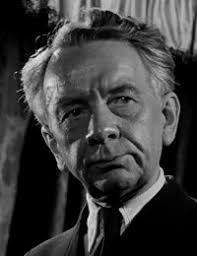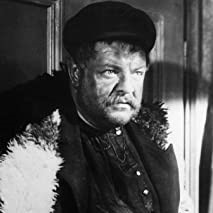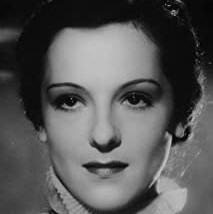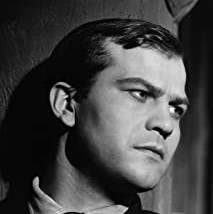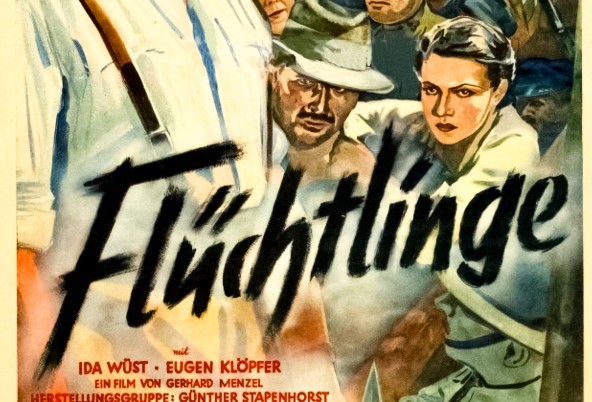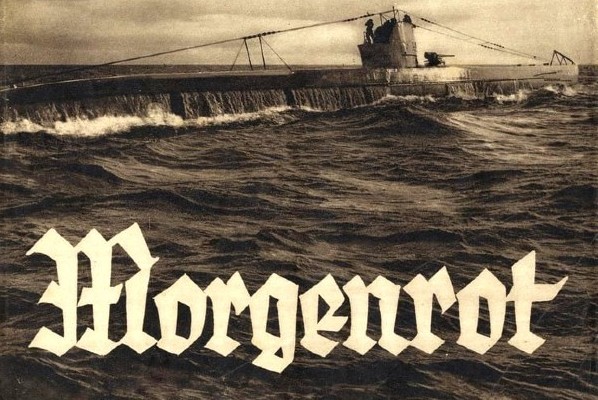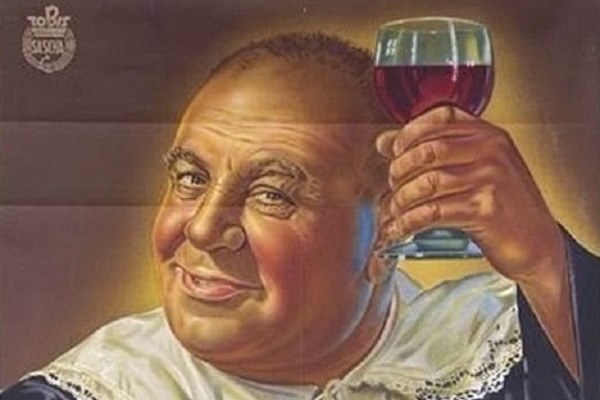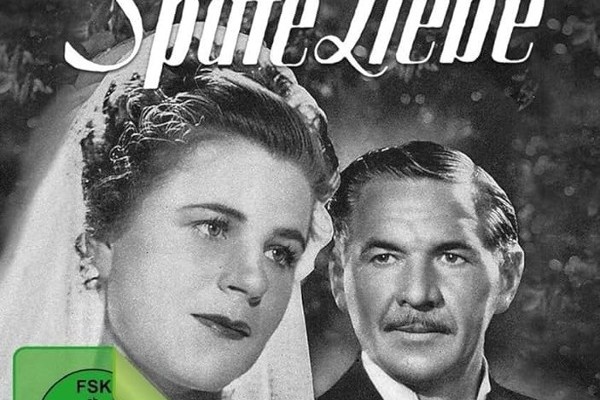
While not the most accurate portrayal of historical events, as we purport to know them, this film nevertheless shows a historical viewpoint, which may not be too far from the truth. Neither the French, nor the British, come out looking too good in this film … and why should they? Germany had no interest in wooing either of their future enemies. Yet, in spite of national-socialist abhorrence with all religions, which placed God above man, this film resembles the Passion of Christ more closely than it does historical events: the betrayal of the chosen servant of God; the mocking of the same; even the request of the British soldier, who asks her to remember him in Paradise, just like the criminal at Jesus’ side who asked the same at the crucifixion. King Charles of France, so often portrayed as weak-minded, indecisive and incompetent is shown here as weak and apparently malleable by his nobles; but eventually, the film shows him to be rational, cold-blooded, manipulative, calculating and politically savvy. In the end, he, too, will abandon the “tool” which saved France and brought him to power.
Stunning cinematography by Gunther Krampf, stirring score by Peter Krauder and superlative production design as always by Rohrig and Herlth. All the actors are superb. The Duke of Burgundy, as played by Heinrich George is a drunken buffoon and Gustaf Grundgens as Charles VII is more pragmatic politician than monarch. Although almost a secondary character in this, the title role is beautifully played by Angela Salloker and her first meeting with the King is highly effective. Very well lit by Krampf to emphasize her saintliness. The French in particular are shown as monsters of duplicity and treachery. Neither are the English shown in a favorable light courtesy of Erich Ponto whose portrayal of Lord Talbot is the epitome of cruelty and venality.



